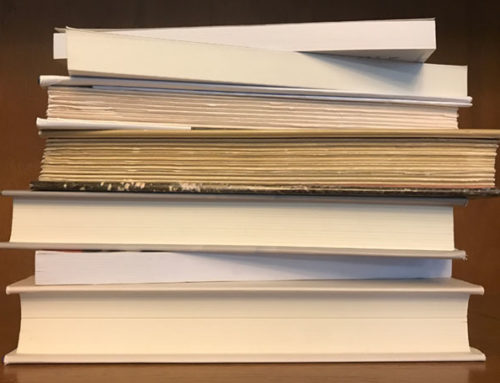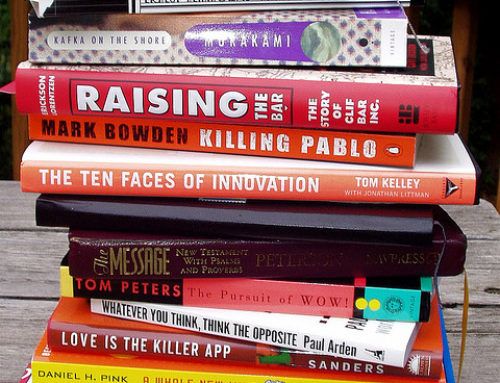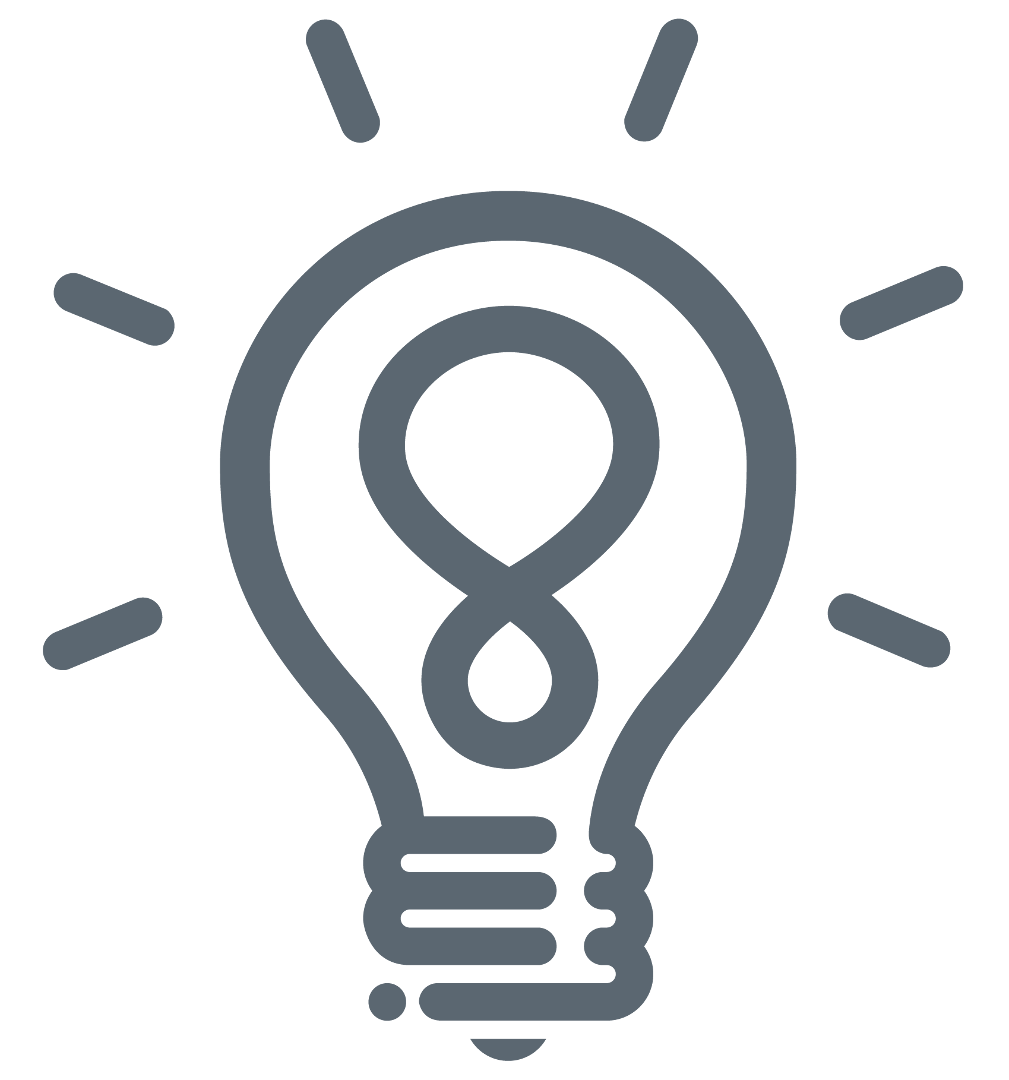Regardless of your major in college, speed reading can help you to comprehend your college texts and scholarly articles while you’re in school, and provide you a leading edge in your professional career. Speed reading is part of an active reading experience that allows you to ascertain the meaning, value, and authority of a given piece before reading for deeper detail.
Consider this: You have a research paper due at the end of a course and you’ve selected possible scholarly sources to support your thesis. However, rather than waste time reading thoroughly for detail the first time around, you can use speed reading to determine whether or not a particular source will serve your needs.
One speed reading technique you might use is to focus your vision in the space between two lines. For many readers, the brain can interpret two lines of text simultaneously, and will piece together the words and sentences enough to give the reader an idea of what the text says. Another technique is to read the topic and concluding sentences of the paragraphs, rather than diving straight into the meat of each argument.
By speed reading, you can determine whether the author is authoritative, whether his/her argument will support yours, and whether the source provides unique information. After speed reading through your sources, you may be able to eliminate those that will not support your thesis, thus saving valuable time. Another benefit of speed reading is that you can develop questions and ideas to further explore when you read through an article a second time.
In the professional world, you might not have the time you’d like to read an article, report, or memo before taking action. Speed reading skills will allow you to make informed decisions and respond in a timely fashion.
As with most reading skills, practice enhances your ability to perform efficiently and accurately. Please contact us today, to improve your communication skills and maximize your reading comprehension.










